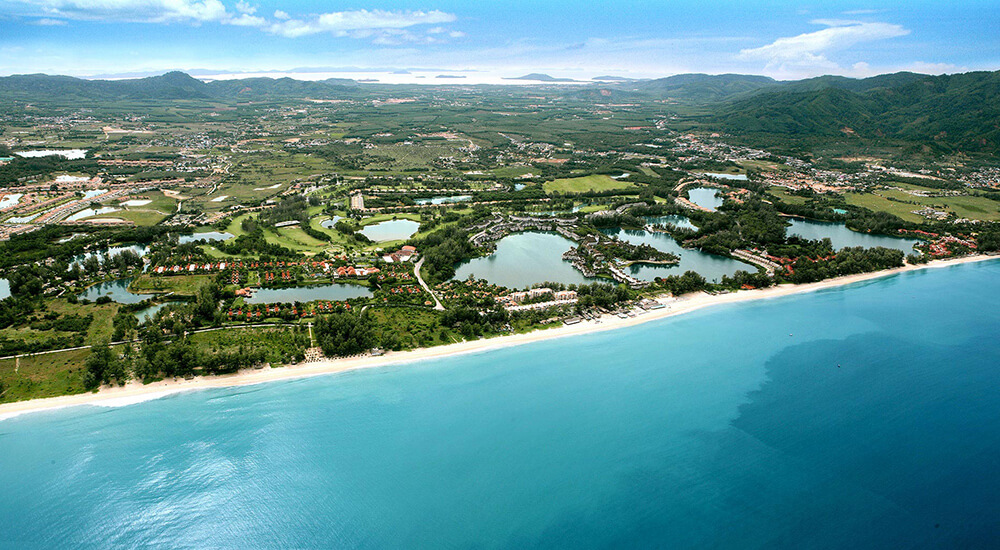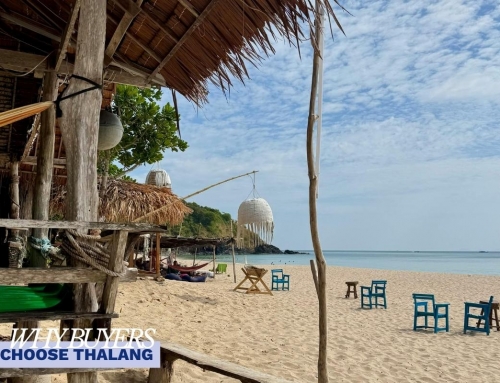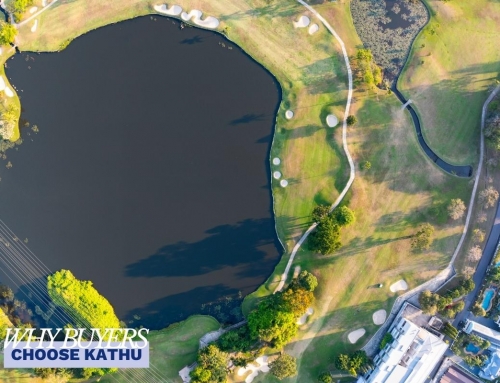Great Reasons to Consider Investing in Phuket Property
Phuket has long been one of Asia’s most desirable investment destinations. With its stunning beaches, world-class infrastructure, and welcoming culture, the island has evolved into a thriving hub for both lifestyle seekers and savvy real estate investors. Whether you’re a first-time buyer or a seasoned property investor, there are many compelling reasons to invest in Phuket real estate.
1. A Robust and Growing Property Market
Phuket’s property market has shown remarkable resilience over the past two decades. The island continues to attract both international and domestic buyers, and property values—particularly for villas and condos in desirable locations like Nai Harn, Rawai, and Kamala—have appreciated steadily. The long-term outlook for Phuket property remains positive, especially as infrastructure improvements continue.
2. Diverse Property Options for Every Buyer
From affordable condominiums near the beach to luxury sea-view villas in Laguna or Layan, Phuket offers a broad spectrum of properties. New developments are being launched regularly, with options that suit buyers with various budgets and investment goals. Whether you’re looking for a vacation home, a rental income property, or a long-term retirement villa, there is something for everyone.

3. Strong Rental Demand and Yield Potential
Phuket remains a favorite destination for short-term and long-term tourists, digital nomads, and retirees. This drives a consistent demand for rental properties, especially in high-demand areas such as Kata, Chalong, Surin, and Bang Tao. Well-located villas and condos can generate attractive rental yields, often between 5% and 10%, depending on property type and location.
4. Phuket’s Appeal to Foreign Buyers
Thailand offers a relatively straightforward purchasing process for foreigners, especially when buying condominiums. Villas are often structured via long-term leasehold agreements or through company ownership. Phuket’s legal framework, combined with a mature property industry and experienced legal advisors, has made it one of the most foreign-friendly real estate markets in Southeast Asia.
If you’re unfamiliar with property laws in Thailand, we recommend reading our Phuket Property Guide to understand leasehold, freehold, and how foreigners can safely invest in Thai property.
5. Lifestyle and Quality of Life
Many investors are drawn to Phuket for the lifestyle it offers—sun, sea, healthy living, international schools, modern hospitals, and an active expat community. For those relocating to Thailand or retiring abroad, Phuket provides a quality of life that rivals many Western countries.

6. Government Investment and Infrastructure Improvements
Ongoing investments in infrastructure—including road upgrades, airport expansion, and improved telecommunications—are boosting accessibility and liveability. As Phuket becomes even more integrated with the rest of Thailand and regional hubs, property values are expected to rise accordingly.
7. Steady Capital Appreciation
While Phuket’s property market is not immune to global economic shifts, it has historically recovered quickly from downturns. Long-term investors have benefitted from both capital appreciation and solid rental returns. Properties in well-established neighborhoods continue to increase in value, particularly those with sea views or close proximity to top beaches and amenities.
8. A Safe Haven for Diversifying Assets
Buying property in Phuket can be a smart way to diversify your investment portfolio. Compared to volatile stock markets or uncertain currencies, real estate in Phuket offers a tangible, income-generating asset in a growing and desirable destination.

Conclusion: Why Phuket Real Estate Makes Sense
Whether you’re investing in a condominium as a rental property or seeking a private villa as your future retirement home, Phuket delivers an appealing combination of value, lifestyle, and long-term growth. With a wide range of real estate options and growing buyer interest from across the globe, now may be the ideal time to explore your investment opportunities on the island.
Ready to explore real estate investment opportunities in Phuket?
Browse our curated listings of Phuket Villas for Sale and Phuket Condos for Sale today.
If you want to now everything about buying property in Phuket, then read our comprehensive Phuket Property Guide.
Get in Touch | Call Now On: +66 9484 11918 Contact Us





Social Contact